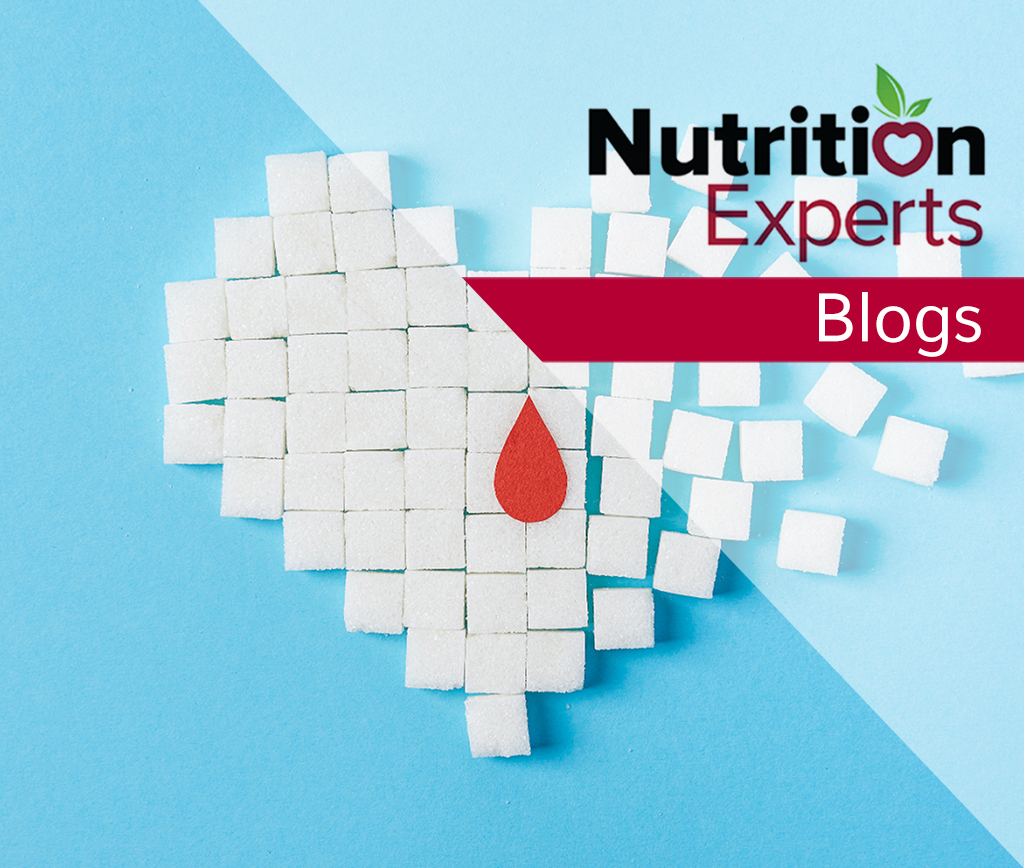By Karim Damji, CSCS, CSUN Dietetic Intern Cohort 2019-2020

Whether you signed up for your first 5k, a marathon, or an obstacle course, the key to enjoying race day lies in your preparation. The time between the moment you register your name, and the moment you start the race, is an opportunity to gradually build up your endurance and speed. However, it also presents an opportunity to apply practical nutrition strategies that will help you optimize your performance in your race.
Continue reading









